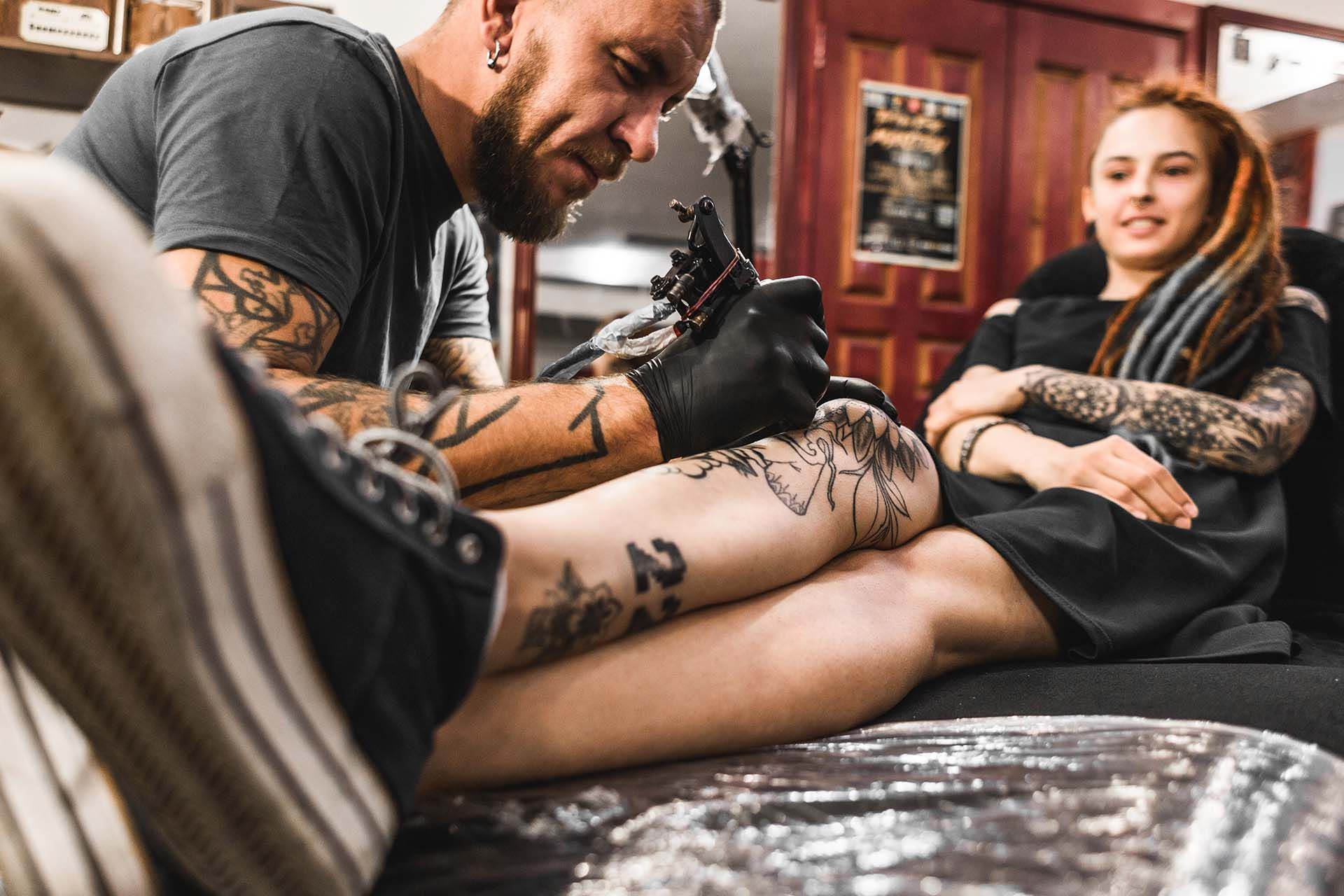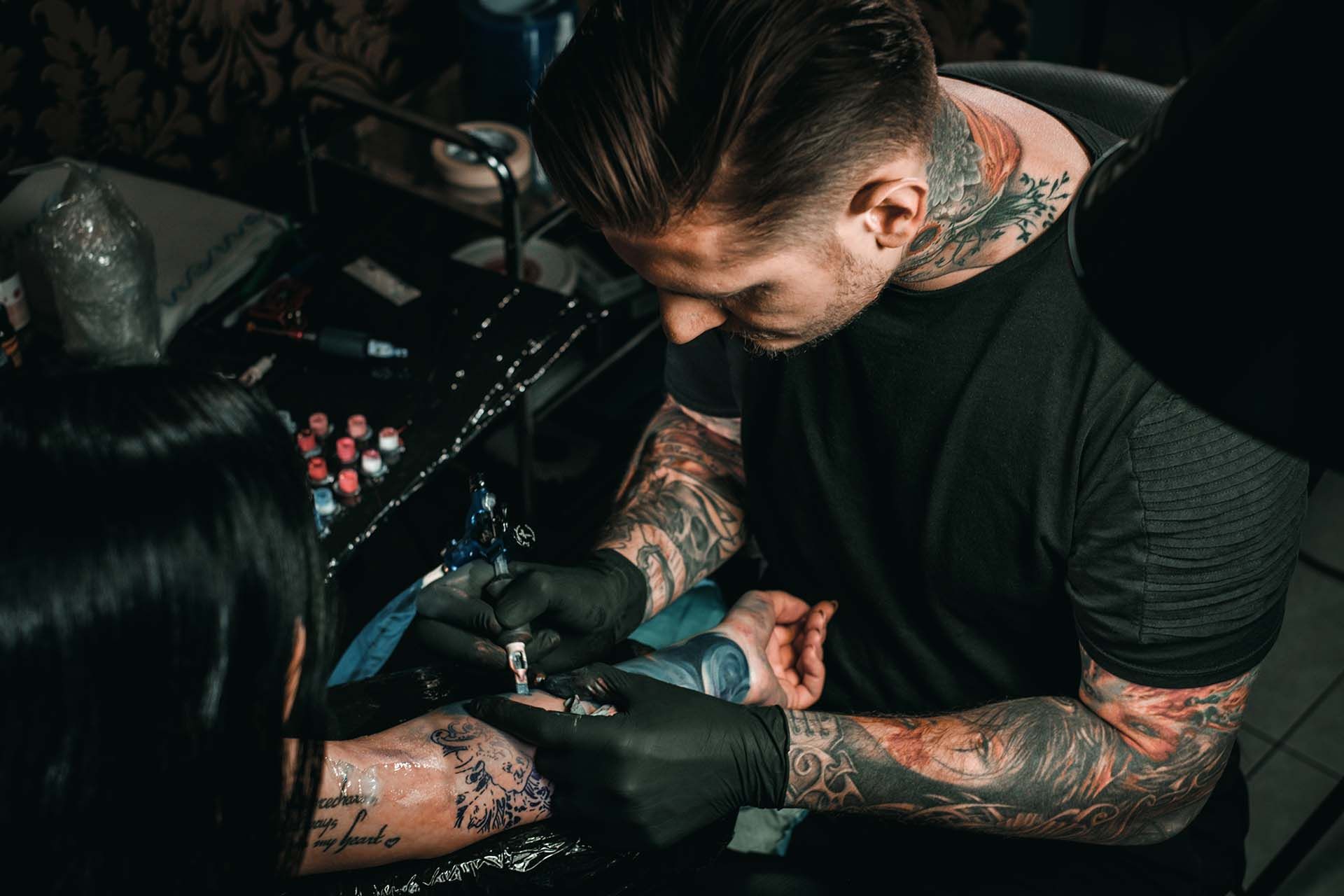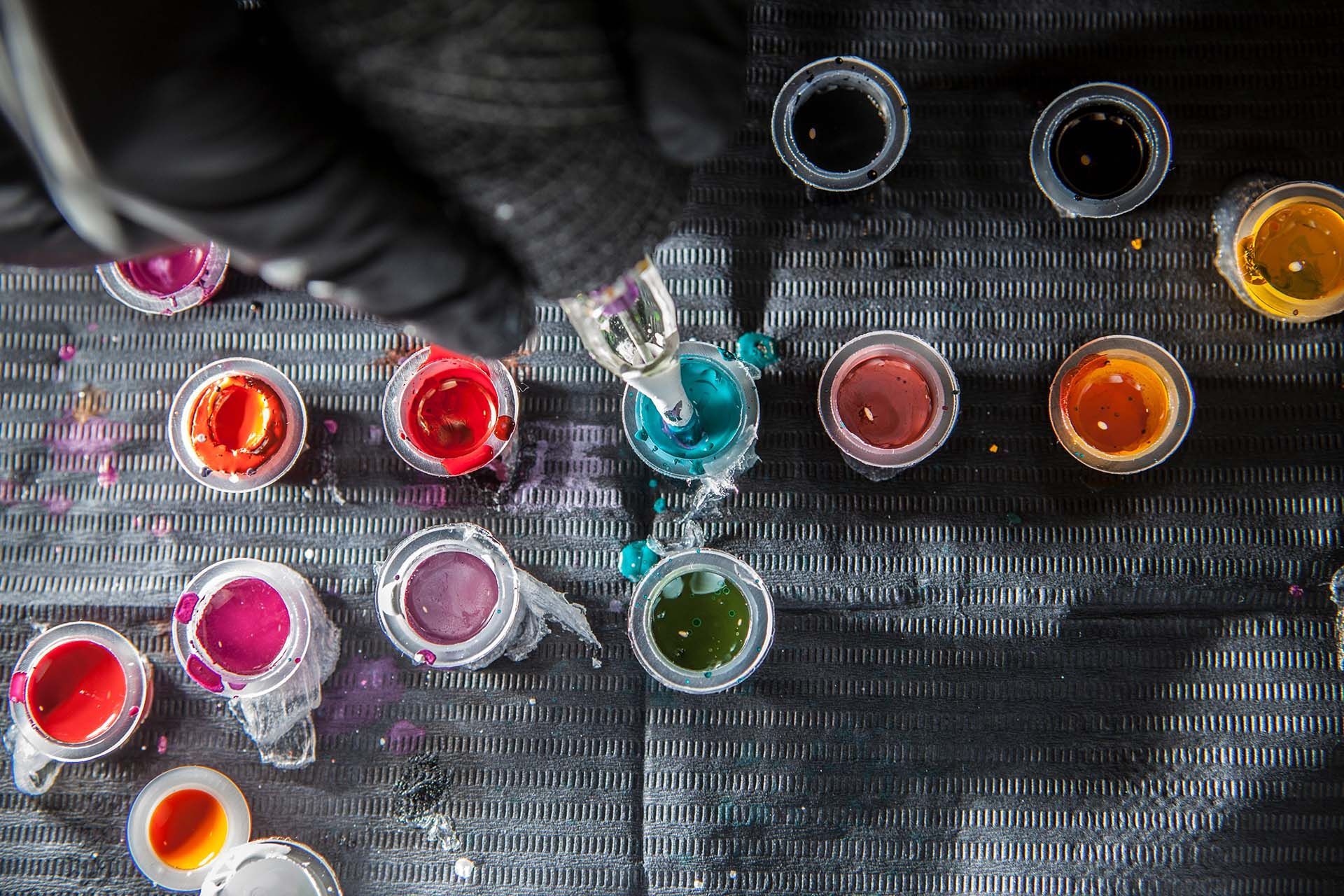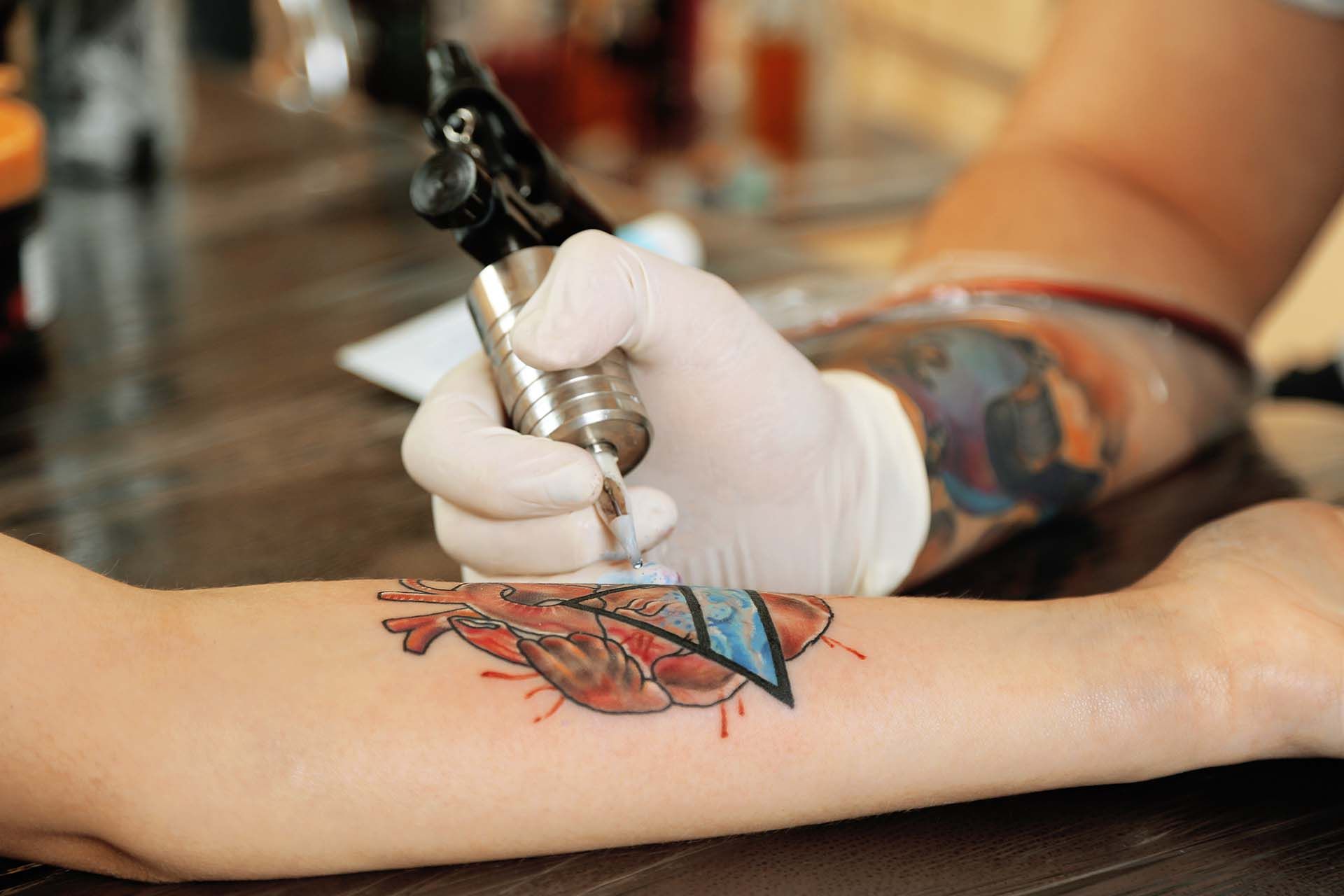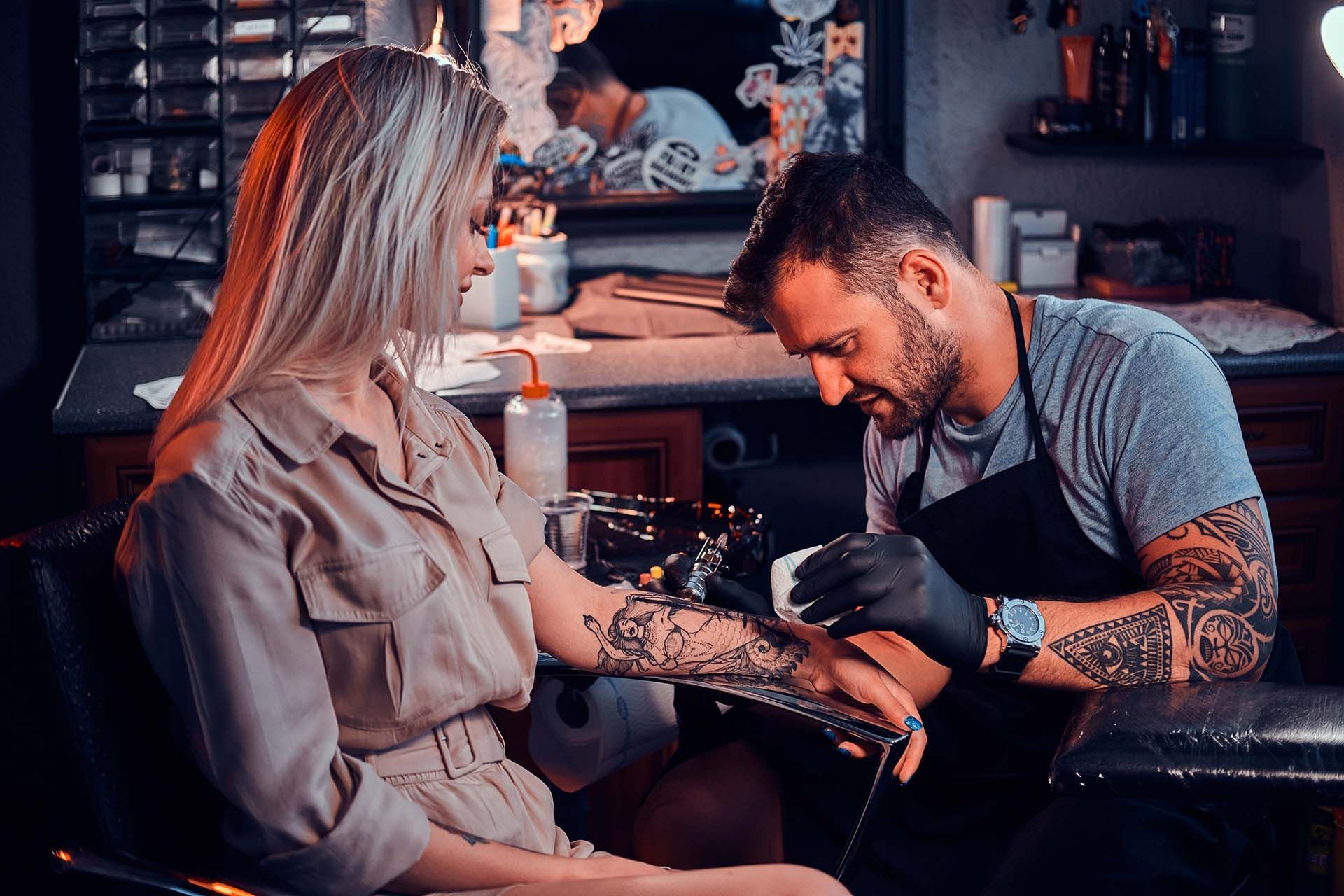What to Know About Opening a Tattoo Shop
Opening a tattoo shop is an exciting venture for anyone passionate about body art, as it provides a chance to showcase your creativity and skill. However, to transform this creative aspiration into a viable business, you need to understand and navigate various operational and legal complexities, including licensing, health and safety standards, business planning, and effective marketing strategies. Though it's a lot to take in at once, keep reading. Today, we're going to discuss everything you need to know about opening a tattoo shop.
Legal Requirements
Starting a tattoo business involves more than artistic flair. You must adhere to certain legal requirements, such as business registration and ensuring compliance with local, state, and federal laws.
These laws govern aspects like the shop's physical premises, employee certification, and safe disposal of waste. Hence, if possible, consulting with a legal expert during the planning phase is advisable to prevent any potential legal issues.
Licensing and Permits
Just like any other business, a tattoo shop needs permits and licenses to operate. This involves obtaining a state-specific tattoo or body art establishment license, which often requires proof of completed health and safety training.
Moreover, each artist in the shop must hold a professional tattoo artist license. Yet, it's also vital to note that regular inspections ensure ongoing compliance, so you should stay informed about current regulations in your jurisdiction.
Location and Space Requirements
The location of your tattoo shop is crucial for visibility and accessibility. Therefore, when choosing a shop location, consider factors such as foot traffic, visibility, and proximity to related businesses.
And while the space doesn't have to be huge, it does need to be large enough to accommodate a reception desk, workstations, and a sterilization area. In many places, zoning laws dictate where tattoo shops can be established, so ensure your preferred location complies.
Equipment and Supplies
An often-understated fact is that investing in high-quality tattoo equipment is crucial for the success of your shop. This includes tattoo machines, power supplies, needles, inks, gloves, sterilization equipment, and comfortable furniture for your clients. Remember, a clean, professional setup not only enables artists to work effectively but also assures clients of their safety.
Hiring and Training Staff
Having a team of skilled and experienced tattoo artists is paramount. When hiring, consider not only their artistic ability but also their knowledge of hygiene and safety protocols. And since ongoing education is necessary to stay abreast of industry trends and techniques. Training should be a continuous process, emphasizing both artistic skill and safety standards.
Marketing and Advertising
With your shop set up, the next step is to
attract clients. With this, building a strong portfolio and online presence is essential. The best plan is to use a combination of social media, SEO, and targeted local advertising to reach potential customers. However, it may also be a good idea to collaborate with influencers and attend tattoo conventions, both of which can provide valuable exposure.
Health and Safety Regulations
The importance of health and safety regulations in a tattoo shop cannot be overstated. A sterile environment is necessary to prevent infections and diseases. So, you will need to ensure strict adherence to protocols such as the use of disposable gloves and needles, proper sterilization of equipment, and thorough cleaning of workstations after each client.
Insurance and Liability
Protecting your business and its assets is crucial. Various insurance types, including professional liability and property insurance, are necessary to cover potential risks associated with the tattooing process. While it can be costly, insurance helps safeguard against claims arising from unsatisfied clients, employee injuries, or damage to your premises or equipment.
Taking the First Step Towards Your Dream Tattoo Shop
At the end of the day, opening a tattoo shop is indeed a substantial undertaking, but it's a journey that combines your passion for art with the thrill of entrepreneurship. So don't wait. It's time to sketch your dreams into reality and leave your unique imprint on the canvas of the body art industry. Take that first step today and inspire the world with your creativity!
Frequently Asked Questions: What do I need to know to open a tattoo shop?

Disclaimer: This publication and the information included in it are not intended to serve as a substitute for consultation with business consultants and professionals. Specific business, financial, legal issues, concerns and conditions always require the advice of appropriate professionals. Any opinions expressed are solely those of the participant and do not represent the views or opinions of this company.

